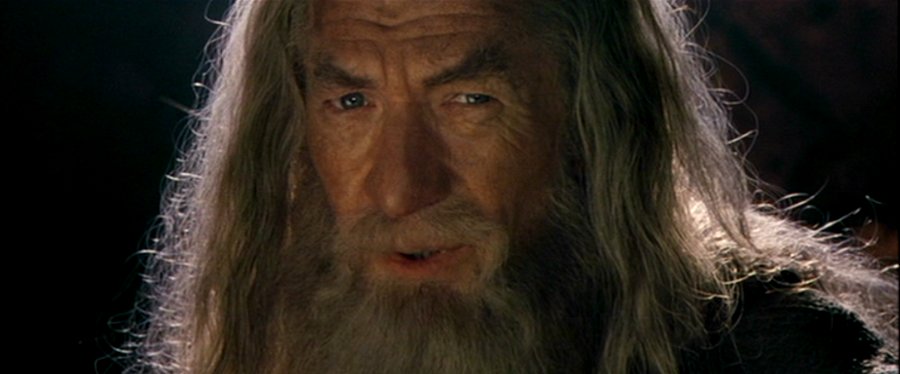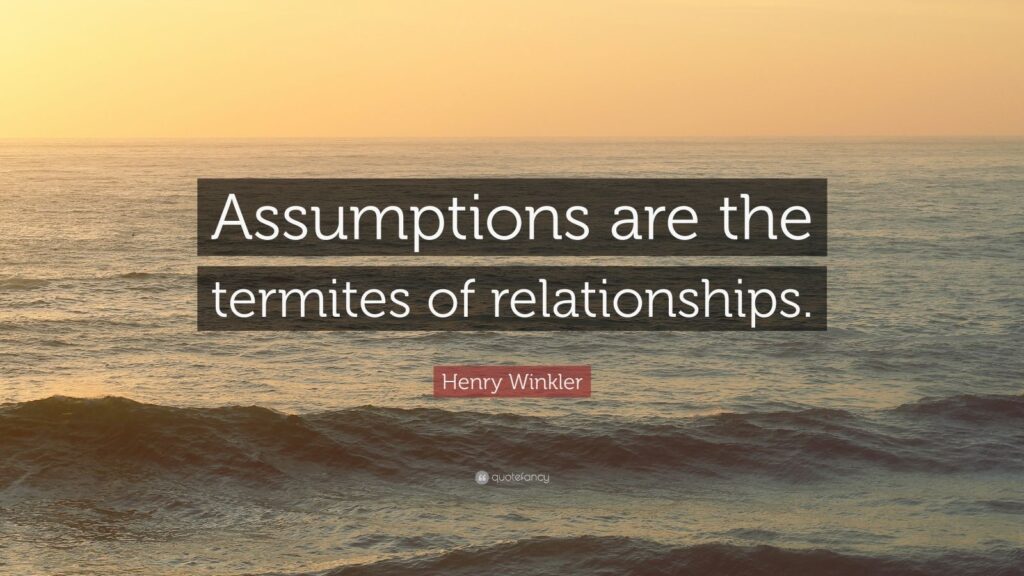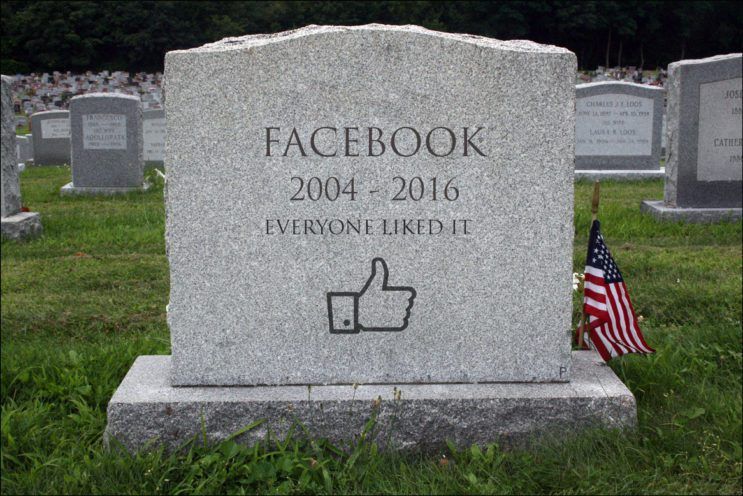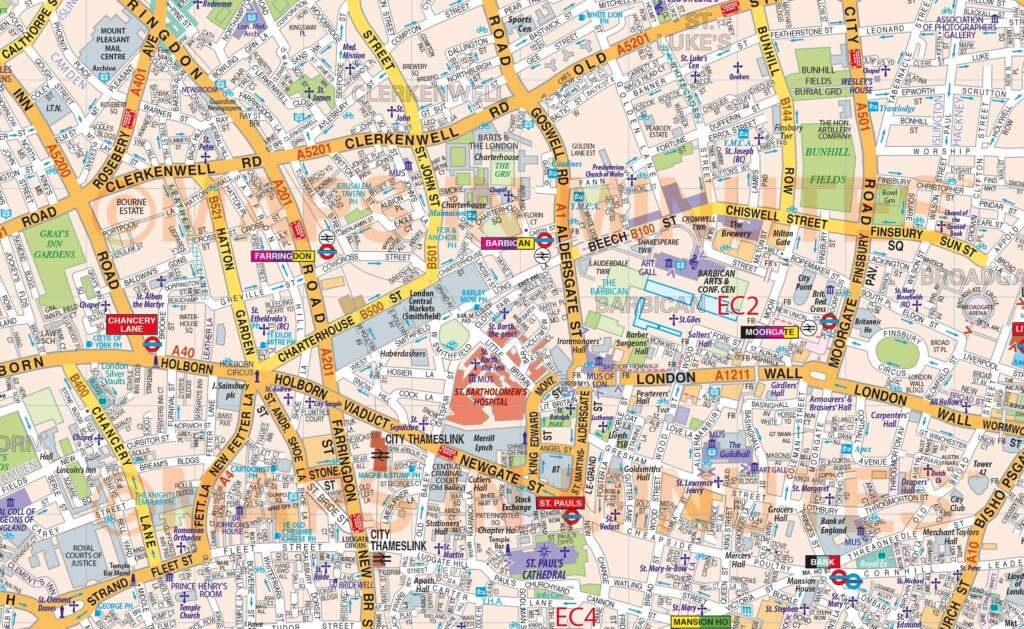Don’t Think of Confession as Psychological Therapy
Getting to the Point I enjoy reading the rants of Fr. Zuhlsdorf, an American priest who goes by the moniker “Fr. Z” on the web. He reminds us that priests are people too. They often have the same frustrations dealing with people that we all have. In this article, Fr. Zuhlsdorf talks about how you […]
Don’t Think of Confession as Psychological Therapy Read More »







